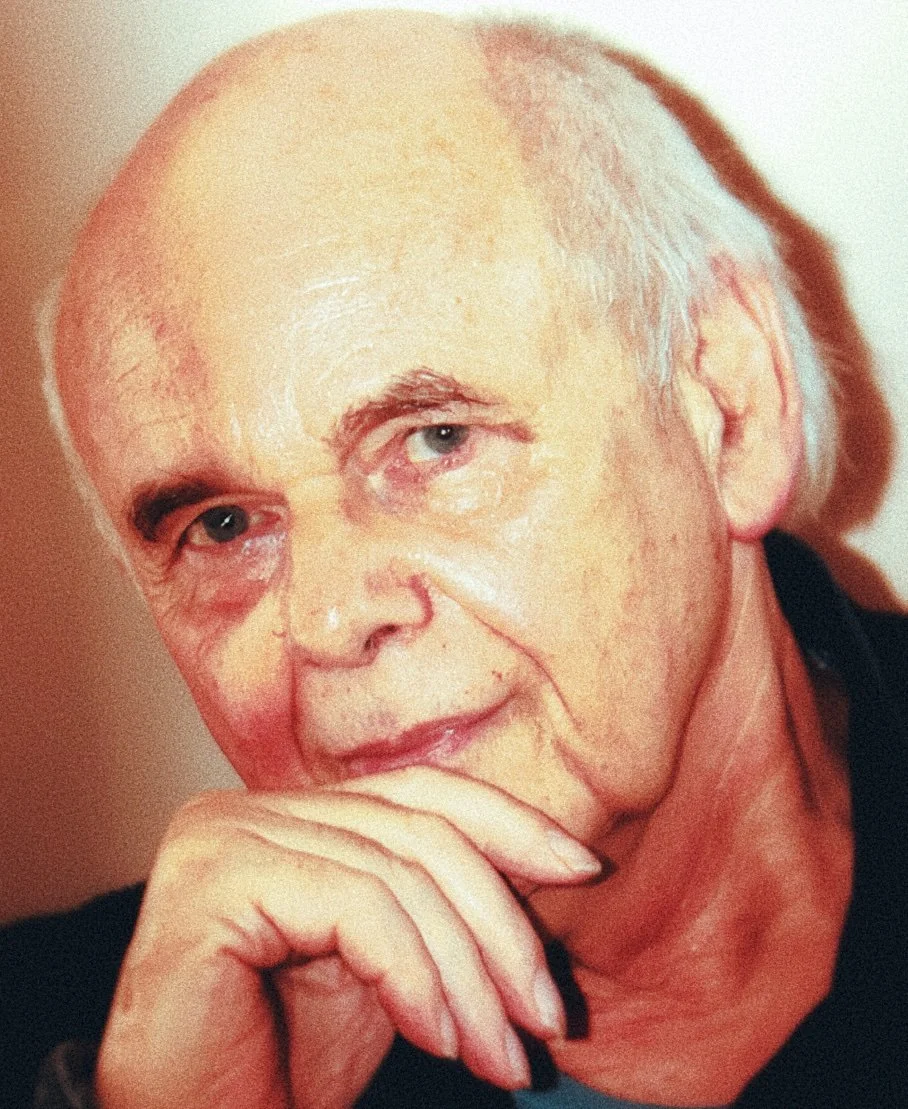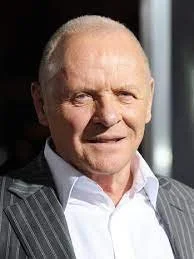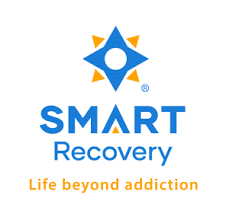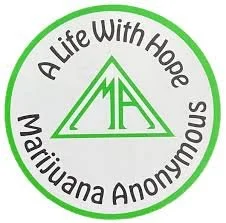What works?
12-steps and mutual aid
The 12 step movement was founded in 1935 by a stock broker, Bill W, and a doctor, Dr Bob. The approach has stood the test of time and remains to this day one of the most effective interventions for addiction problems. At its heart is the idea of mutual support to recover from addiction. It is now possible to find meetings in towns and cities around the world. No other intervention has such freely available accessibility.
There are now many other forms of self-help and mutual aid and links to some of these are listed below. The focus here is on 12-steps…
The essential guide for twelve steppers is The Big Book (originally blue) - new books appear all the time with today’s understanding of how to approach the 12-steps. There is nothing complicated about the 12-steps and no need for reading books to benefit from the fellowship. The only criterion for attending a 12-step meeting is having the desire to recover from an addiction problem, which will mean accepting the idea of addiction being a life-long condition and abstinence being the solution.
Although not conceived in this way, the 12-step approach has clear cognitive-behavioural elements. There are similarities to SBNT: ① 12-steppers have a home group (their most often attended meeting) like the SBNT network; ② they maintain their recovery one day at a time like SBNT goal setting; and ③ they find a sponsor, someone in stable recovery, as a mentor. This is akin to the most constant member of the SBNT network, or possibly the therapist, but there for as long as the individual feels the need for them.
Dr Brian Wells is a Consultant Addiction Psychiatrist
In this video Brian Wells talks about…
The founding of 12-steps
Its evolution to modern times
The spirituality and social aspects
How are meetings experienced today
In this video Brian Wells talks about…
the importance of practitioners experiencing meetings themselves.
Sometimes practitioners are able to accompany their service user to their first meeting.
If you are a person with an addiction problem then find your nearest 12-step group and turn up to a meeting. You will be welcome. Meetings differ and if the first one you try is not for you, then try a different one. You might like to get a 12-step book, plenty of choice available, but remember a key part of the programme is mutual support, so be sure to get to meetings.
If you are a practitioner, and not a 12-step member, then go to a few open meetings, be inspired and moved by the fellowship, and then you are in a good place to encourage your service users to try it.
Yes, it does work…
When evaluated against other addiction treatments, attending 12-step meetings or 12-step facilitation is equally effective. It is usual to find equivalence between effective treatments, not least because the particular treatment plays a small part in the outcome. Most important to outcome is the person’s social capital before starting treatment and, if a practitioner is involved, are they effective?
Project MATCH in the USA was a large trial of addiction treatments. Twelve Step Facilitation did significantly better than both CBT and Motivational Enhancement on continuous abstinence, which is an exacting outcome measure…
For those not continuously abstinent MATCH treatments still delivered excellent results: days abstinent at the end of treatment for TSF 87%, CBT 85%, MET 77% (TSF & CBT 12 sessions, MET 4 sessions).
The best results for practitioners come from taking a structured approach to 12-step programmes (see the TSF manual above) rather than simply encouraging attendance. There are no charges for attending 12-step meetings and so cost effectiveness tends to be favourable. 12-steps can be mixed with other treatments provided there is no conflict with the goal of abstinence.
Project MATCH was supported and funded by the National Institute on Alcohol Abuse and Alcoholism and has made their Twelve Step Facilitation (TSF) manual available to practitioners.
Spirituality
When you read the 12-steps you will notice that God is mentioned in several of the steps. Nowadays it is usual for people to conceptualise God in their own way and there are several spiritual variations on this concept, for example nature, mysticism, the universe or inner psyche. Hence the first mention is accompanied by the words “as we understand Him”. The word alcohol may be replaced by any other drug or the generic addiction.
The following are the original 12-steps as published by Alcoholics Anonymous:
1. We admitted we were powerless over alcohol—that our lives had become unmanageable
2. Came to believe that a power greater than ourselves could restore us to sanity
3. Made a decision to turn our will and our lives over to the care of God as we understood Him
4. Made a searching and fearless moral inventory of ourselves
5. Admitted to God, to ourselves, and to another human being the exact nature of our wrongs
6. Were entirely ready to have God remove all these defects of character
7. Humbly asked Him to remove our shortcomings
8. Made a list of all persons we had harmed, and became willing to make amends to them all
9. Made direct amends to such people wherever possible, except when to do so would injure them or others
10. Continued to take personal inventory, and when we were wrong, promptly admitted it
11. Sought through prayer and meditation to improve our conscious contact with God as we understood Him, praying only for knowledge of His will for us and the power to carry that out
12. Having had a spiritual awakening as the result of these steps, we tried to carry this message to alcoholics and to practice these principles in all our affairs
Anthony Hopkins is a Welsh actor and recipient of multiple awards
You may also be interested to hear Anthony Hopkins in this YouTube video credit 12-steps with ‘saving his life’…
Every self-help and mutual aid group offers the vital element of support. Beyond that there are differences in approach and it is all about finding a comfortable place to be…
About SMART Recovery
UK SMART Recovery (UKSR) is a registered charity which promotes choice in recovery through a national network of mutual-aid meetings and online training programmes with comprehensive teaching materials and manuals. Our Programme teaches rational, easy to learn and self-empowering skills to help participants abstain from any addictive behaviour and to develop a lifestyle that supports sustained recovery.
About Soberistas
Soberistas provides a safe, non-judgemental online platform for anyone who is ready to stop binge drinking; our online community wholeheartedly supports its members as they embrace their new, sober lives. We deliver a sanctuary that facilitates connection with like-minded people - connection that helps reduce the shame often felt alongside alcohol dependency.
your recovery tasks…
















